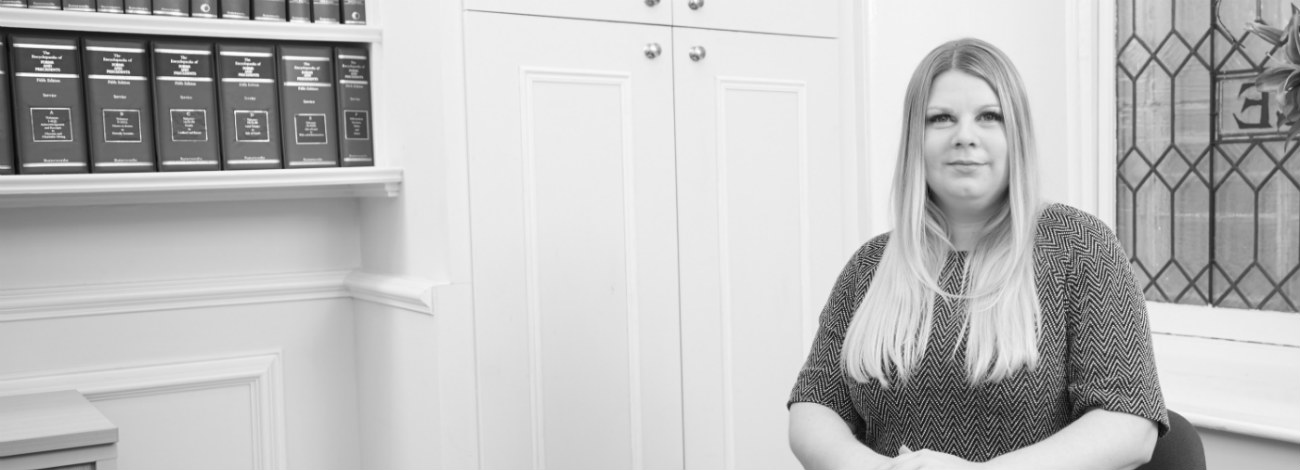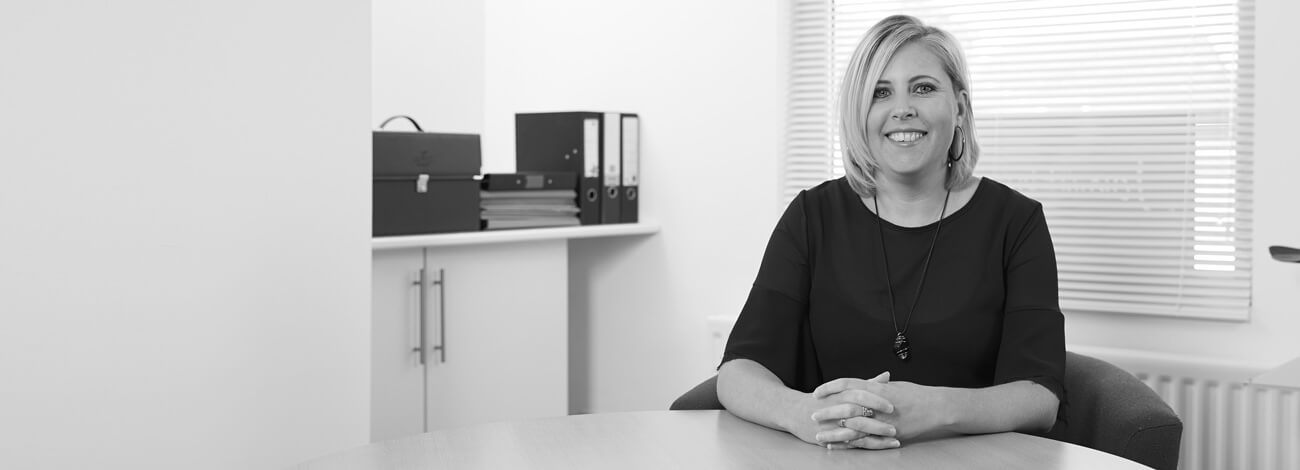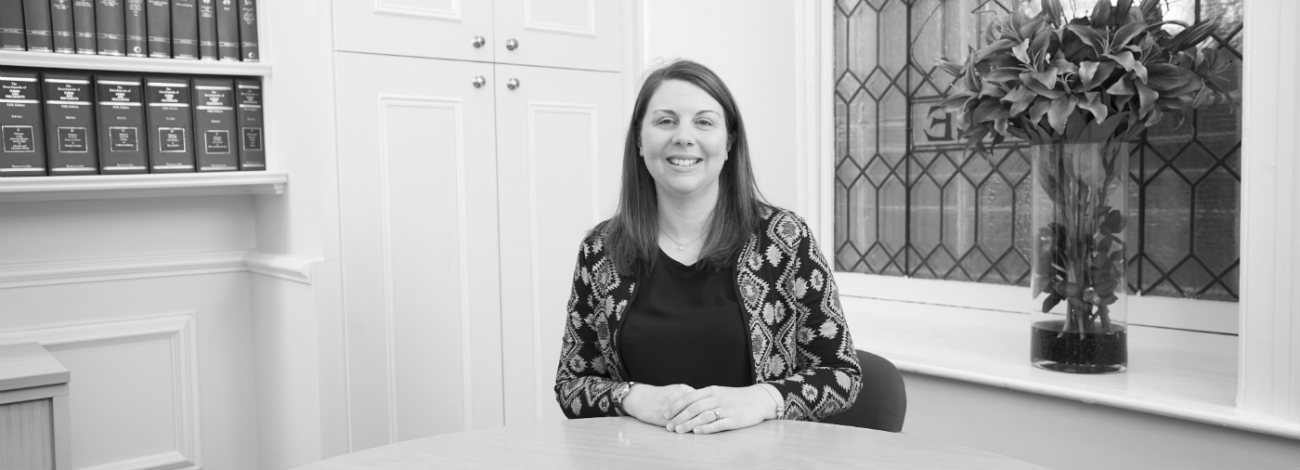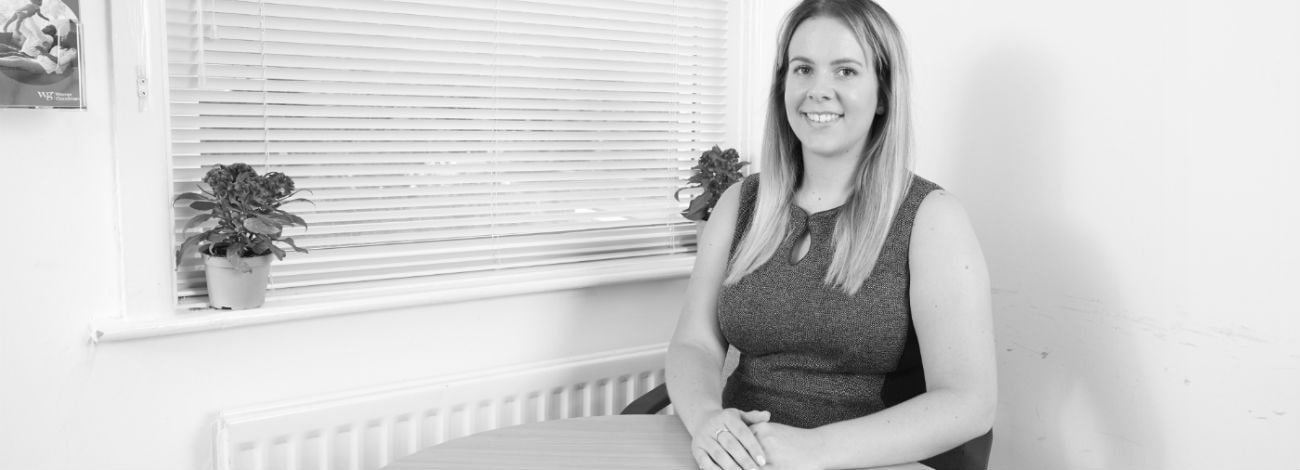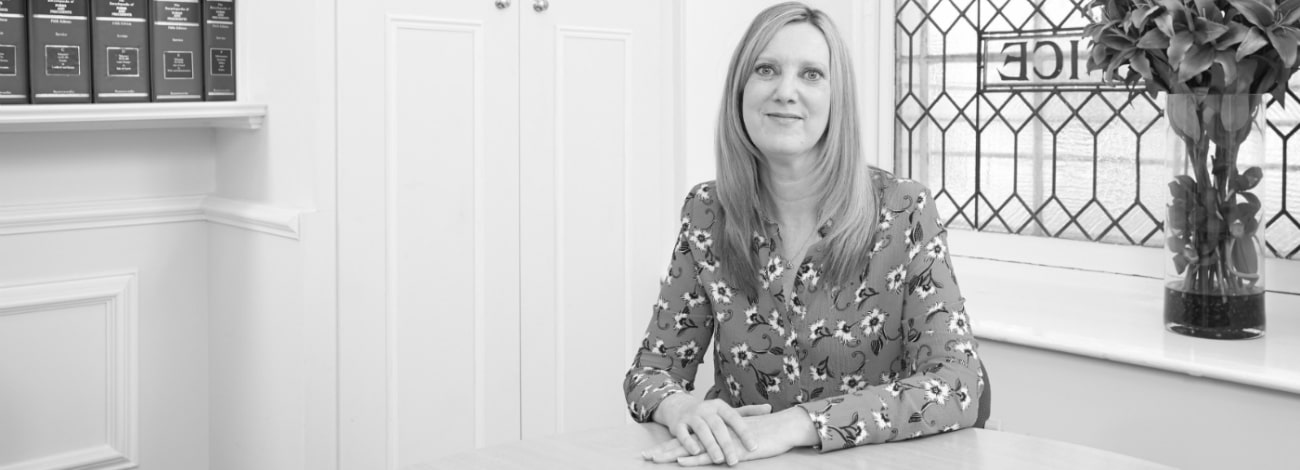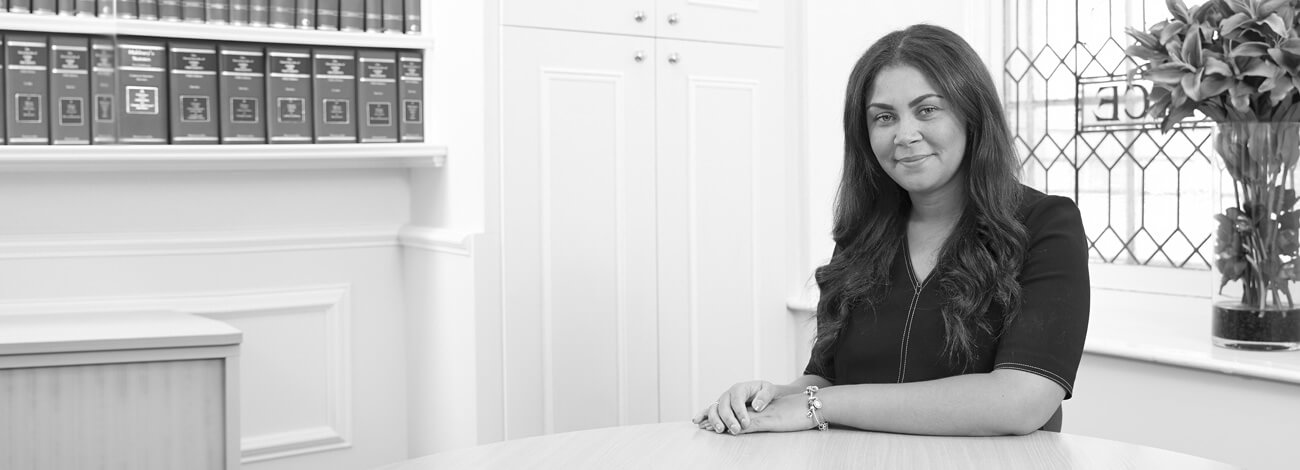Buying a leasehold property may mean you are obligated to pay fees to the person or organisation who manages the building. This could be your landlord, a management company or instructed management agent (referred to here as the “lease administrator”). We set out below a summary of the fees you may be expected to pay. This is not an exhaustive list and we can discuss this further with you.
Three Types of Leasehold Charges
There are three types of leasehold charges that you could be responsible for when you own a leasehold property, and it is important that when buying the property you ensure all payments for these will be up to date when you complete on your purchase.
Ground Rent
Your lease should state how much ground rent you will be expected to pay, however you should also search for a clause which could allow the landlord to increase the rent in future years. We can advise as to any rent review clauses that may be included and assist with the calculations as these can occasionally be complex.
Service Charges
Service charges are your contribution to the upkeep of any communal parts of the property or grounds, such as hallways or the garden, which can vary depending on the amount your lease administrator spends in that year. This charge can also include building insurance, but not in all cases so it’s best to clarify this.
Your lease should inform you of whether you are required to pay a fixed percentage of any work completed or whether it simply asks you to pay a “reasonable proportion”, which could cause confusion at a later date. We will be able to help explain what items may be included within the service charge and we can enquire as to the future plans of the lease administrator, leaving you with as much information as possible to make your decision for your future home.
Administration Charges
These charges can vary and are open to many different areas, but mainly are payable to the lease administrator on an ad hoc basis when you request a certain service from them relating to your buying, selling or use of the property.
It is a contractual obligation for you to pay the ground rent and service charge on the date specified in the lease, and if this isn’t done then your landlord can bring forfeiture proceedings through a court order. If your landlord can satisfy a tribunal that the charges that have not been paid are properly due and reasonable, then the forfeiture proceedings could result in your landlord repossessing the flat. The landlord may also seek a county court judgment (CCJ) for payment which can impact your credit in the future.
We can review your lease and help you understand these payments, when they are due and are in a unique position to refer you to our colleagues in our Litigation and Dispute Resolution team should you find yourself in need of their advice.





